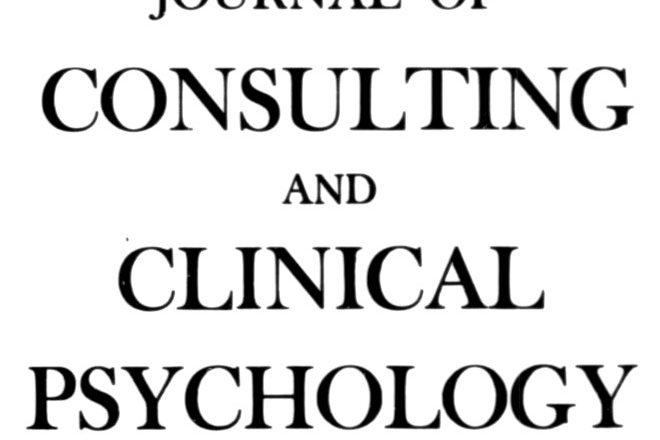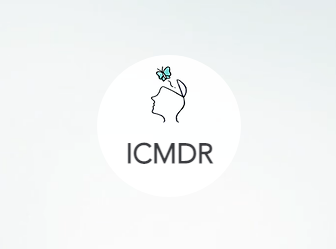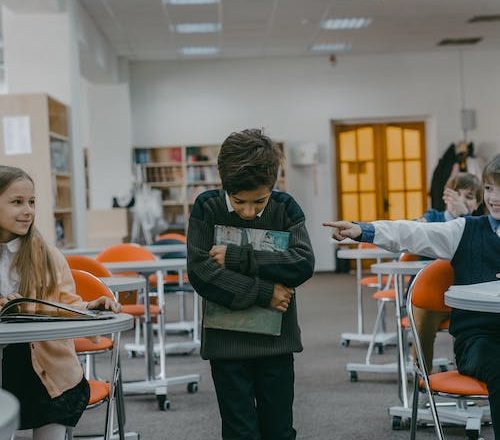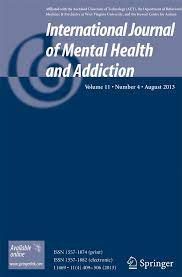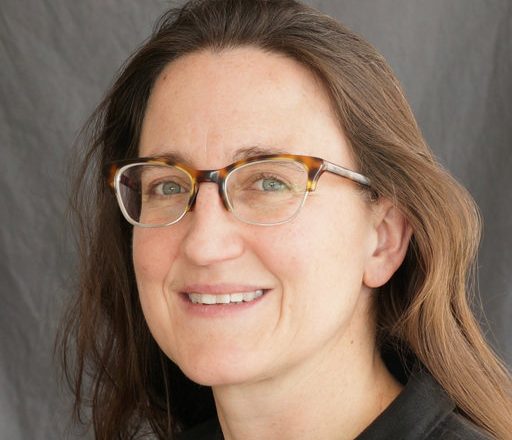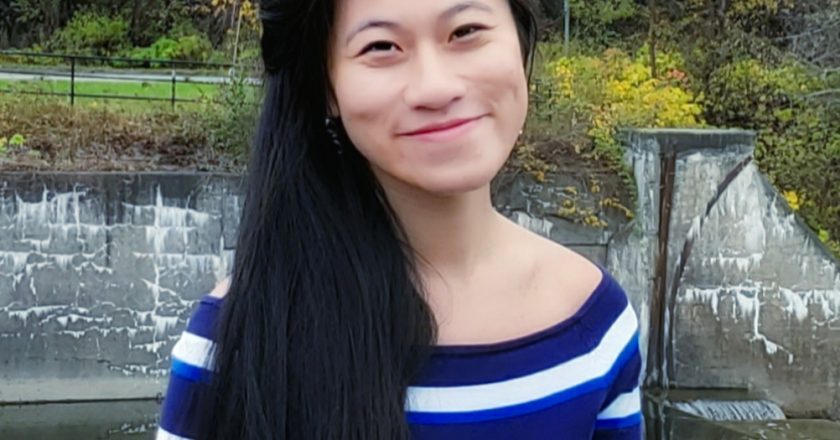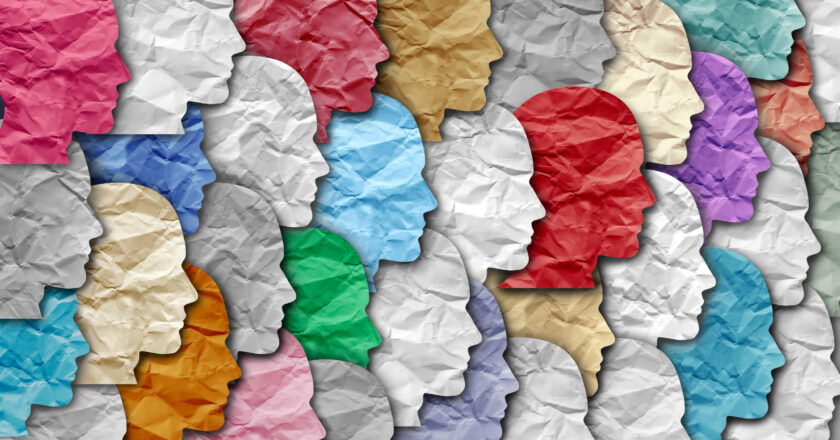Calling the tune in maladaptive daydreaming
New study published
From the abstract:
This study aimed to shed light on the role of music in maladaptive daydreaming (MD), a psychological condition characterized by excessive, immersive daydreaming that interferes with well-being and functioning. Forty-one individuals with probable MD participated in asynchronous in-depth email interviews. A thematic analysis yielded three themes describing the role of music in MD. Two homogeneous themes pertained to outlier experiences: Music necessary and Music not desired. The third theme, Music enhances the MD experience, encompassed most of the data retrieved in this study and was further divided into five subthemes: Music avoided in “low energy” daydreaming scenes, Music as white noise, Music enhances MD creativity, Music as an MD trigger c...

